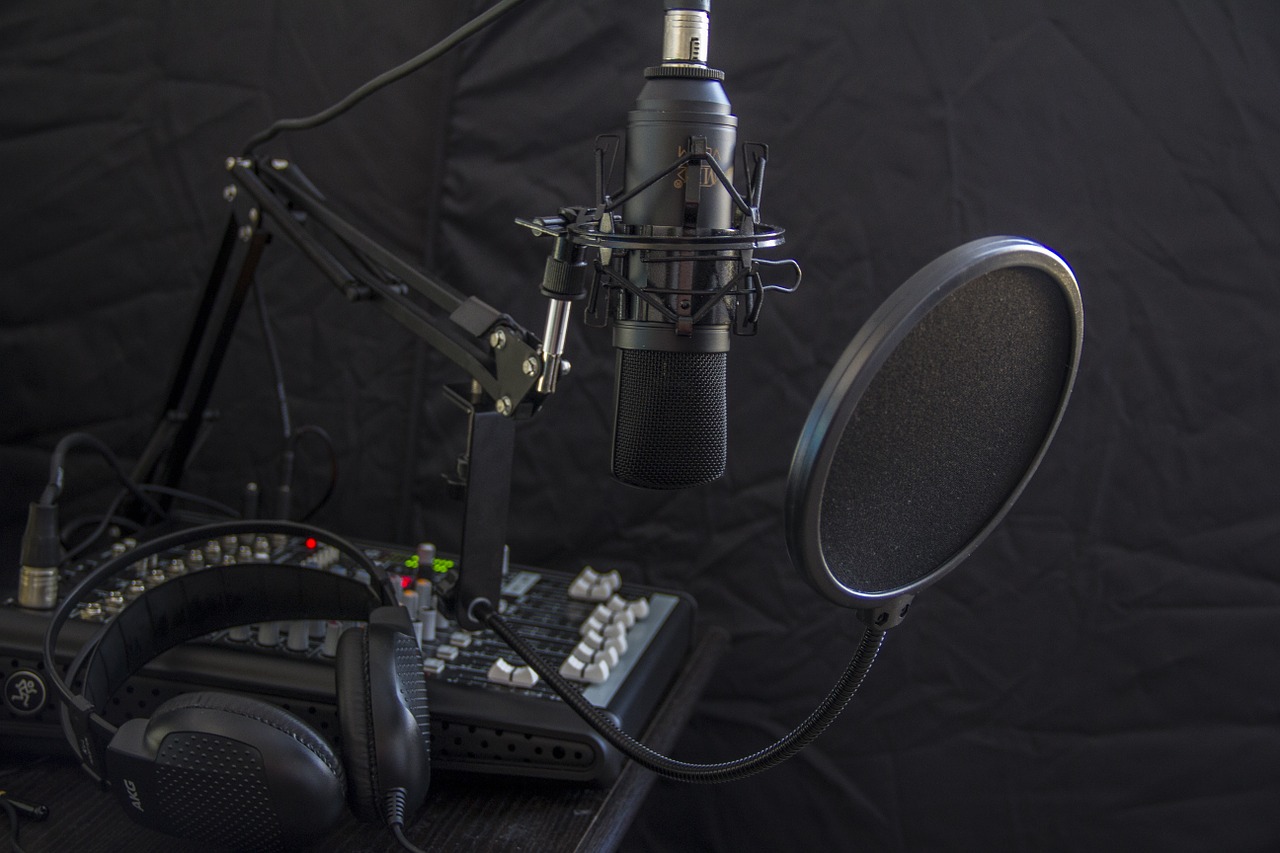A Guide To Conducting a Great Podcast Interview

Thinking about doing an interview with a guest in your podcast? Here are some tips and tricks to help you host a great podcast interview.
What to do before the podcast interview.
Research your guest
The interview shouldn’t be your first exposure to the guest and their subject. So make sure you do some background research on your guest and their work.
Go online, google your guest and check whether they’ve written any articles, blogs, or books and/or spoken at any major events. If you have time read and/or listen to these. You can also check on social media pages such a Facebook, Instagram, and Twitter for more background information.
Determine where their expertise meets your listeners
It’s important to determine what your interviewee knows that appeals to your listeners. There’s no sense in going over things your audience doesn’t care about.
When you conduct your background research take note of everything you find that may interest your audience and create some questions based around them. Don’t be afraid to ignore something important about your guest if you think it will not matter to your podcast listeners.
Have a pre-interview survey
Even if you think you know your guest very well, send over a pre-show form. This will help everyone involved. In the form, you can include information about your show, your general run time, your target audience, and some questions about the guest and their expertise.
Prepare your questions in advance.
It’s important to have a core list of questions you want to ask your guest. However when you conduct the interview, remain flexible, don’t be afraid to eliminate some questions, or add some if you feel the conversion is becoming disjointed, artificial, or rehearsed.
Send the questions your guest prior to the interview
This allows your guest to prepare and Come Up with smart and interesting responses. Further, ask them if they have any interesting and relevant stories they would like to share with the audience.
Create set recording times
It’s helpful for you and your team to come up with set times per week or per month where you’ll do the recordings. This also helps save your time and allows you to publish your episodes on a proper time schedule. So, talk to your guest early, and select a recording time that is convenient for both of you.
Get your tech. together
Your interview may be face-to-face or a remote, online interview, either way getting your tech. together will help raise your audio or video quality during the interview and make you prepared for any problems that come up especially during remote interviews.
During face-to-face interviews, make sure the microphones or headsets and other equipment are working properly. While, in remote interviews, it’s always better to use simple recording apps like Skype, Zoom, or Call Recorders and encourage your guests to invest in a good quality microphone. You can even send a complimentary microphone to your guest.
Have a pre-interview process
If you are recording in person, you can seat your guest down, offer them a drink, and have a chat with them before the interview to make them feel relaxed, confident, and more comfortable. This is especially important if your guest hasn’t done many interviews before.
What to do during the interview
Minimize distractions: Try and schedule your recording when your distractions are minimum. During the interview try an reduce all background noise. For example, turn-offs those coffee makers, fans, and remove your pets from the area.
Try not to interrupt your interviewee when he/she is talking unless it’s necessary
Don’t be afraid to reel your guest back if they go off track
Actively listen to what your guest says or you may sound disconnected when you respond. Further, you may sure you don’t look bored when your guest is talking.
Stay aware of the time: Initially, come up with a time frame for the episode. It can be an hour, 40 minutes, or even 20 minutes. During the interview, keep an eye on the time, but don’t be afraid to end the calm early if you’ve covered the topic enough.
After the interview,
Listen to the full interview, check if it has good sound quality, and try and identify how much editing you would need to do before you publish it. Further, identify your mistakes and what you would like to change in the next interview you do.